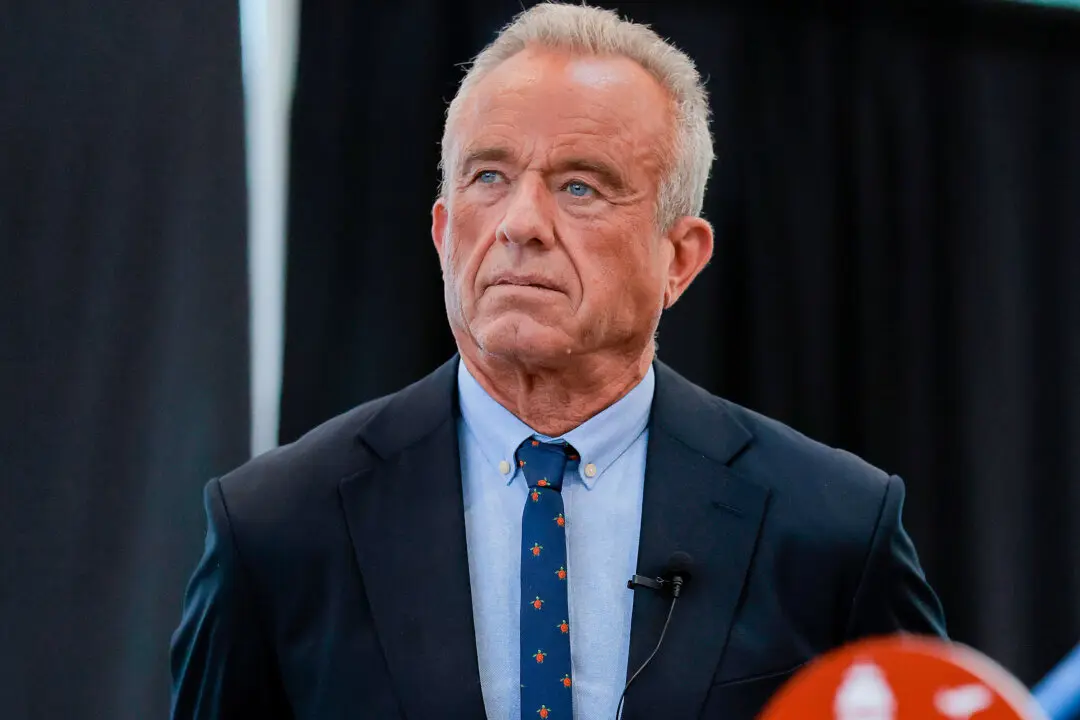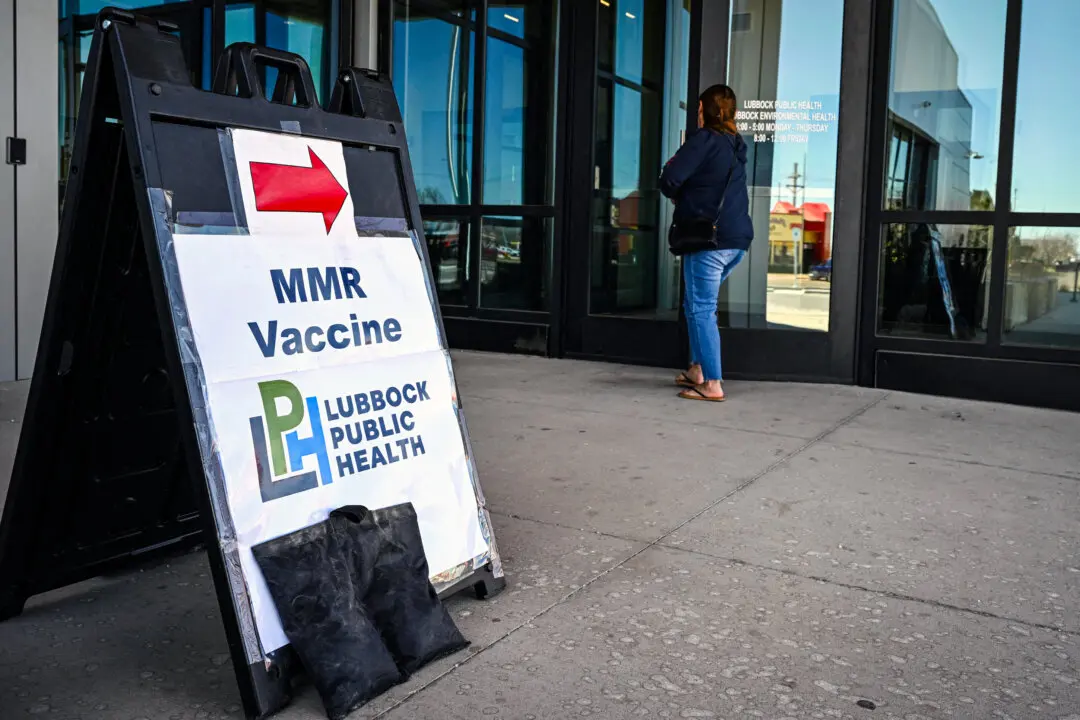A federal judge rejected a motion made by CNN this week to dismiss a defamation lawsuit filed by Harvard University law professor Alan Dershowitz.
CNN presented an abridged version of remarks made by Dershowitz to the Senate during former President Donald Trump’s first impeachment trial, which “is not accurate, to the extent that it omitted a crucial qualification: that an illegal motive for a quid pro quo would be corrupt,” U.S. District Judge Raag Singhal, a Trump nominee, wrote in his 22-page ruling.





